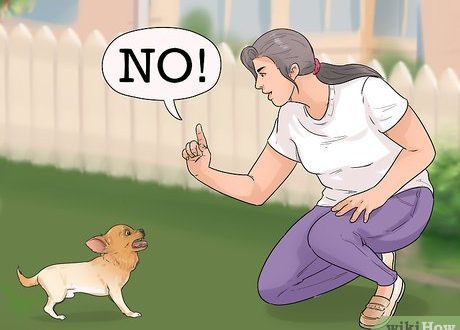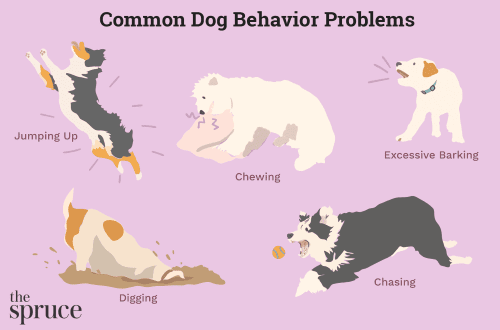
Dog intelligence and breed: is there a connection?
Many firmly believe that the intelligence of a dog depends on the breed. And they even create something like ratings: who is the most intelligent, and who is not very smart. Does it make sense? 

Dog intelligence: what is it?
Now many scientists are studying the intelligence of dogs. And they tried to find out if the breed division is fair. Found an interesting thing. It is very tempting to equate intelligence with obedience and command execution. Like, the dog obeys – it means she is smart. Doesn’t listen – stupid. Of course, this has nothing to do with reality. Intelligence is the ability to solve problems (including those that the dog encounters for the first time) and be flexible in doing so. And we also found out that intelligence is not some kind of holistic, monolithic trait to which you can attach a ruler. The intelligence of dogs can be divided into several components:
- Empathy (the ability to form an emotional connection with the owner, “tune in to his wave”).
- The ability to communicate.
- Cunning.
- Memory.
- Prudence, prudence, the ability to calculate the consequences of their actions.
Each of these components can be developed to varying degrees. For example, a dog may have an excellent memory and communication skills, but it is incapable of cunning. Or a sly one who relies only on herself and at the same time is in no hurry to carry out commands if they seem meaningless or unpleasant to her. Tasks that the first dog can easily solve cannot be solved by the second – and vice versa. This makes it quite difficult to categorize “stupid – smart” by breed, because they were “sharpened” to solve completely different problems, which means they developed completely different facets of intelligence : for example, communication with a person is very important for shepherd dogs, and cunning is vital for a burrow hunter, who had to rely only on himself. 



Dog intelligence and breed
A natural question arises: if dogs of the same breed were bred to solve certain problems, does this mean that they have equally developed “components” of intelligence? Yes and no. On the one hand, of course, you can’t close genetics in the basement, it will manifest itself one way or another. And on the other hand, the ability to solve a certain type of problem (and, therefore, the development of certain elements of the intellect) also strongly depends on what the dog is oriented to and how they communicate with it.
For example, no matter how strong the genetic potential of the ability to build communication with a person is, if a dog spends his life on a chain or in a deaf enclosure, this potential is of little use.
And when German Shepherds and Retrievers were taken for the experiment, which were involved in various jobs (search agents and guides for the blind), it turned out that the detectives (both German Shepherds and Retrievers) coped with those tasks that were beyond the capacity of guides of both breeds – and vice versa. That is, the difference was due, rather, not to the breed, but to the “profession”. And it turned out that the difference between representatives of the same breed, but different “specialties”, is greater than between different breeds “working” in the same field. If compared with people, then this is probably like theoretical physicists and linguists of different nationalities. However , differences were found between mestizos (mutts) and purebred dogs. Pedigree dogs are generally more successful in solving communication tasks: they are more people-oriented, better understand facial expressions, gestures, etc. But the mongrels easily bypass their thoroughbred counterparts where memory and the ability to show independence are needed. Who is smarter? Any answer will be debatable. How to use all this in practice? Observe your particular dog (no matter what breed it is), offer him different tasks and, having understood what “components” of intelligence are his strengths, use them in training and everyday communication. Developing abilities and not demanding the impossible.










